A London man has recently become the second previously HIV-positive patient to show no trace of the virus after receiving a bone marrow transplant from an HIV-resistant donor. Known as "the London patient," the man has, understandably, chosen to remain anonymous.
Dr. Ravindra Gupta, professor and HIV biologist co-led a team of doctors and scientists in the London patient's treatment. Reuters reports that he described his patient as "functionally cured" and "in remission," but said "It is still too early to say he's cured."
Gupta treated the man while he was with University College London, and has since moved on to work at Cambridge University. The patient had reportedly contracted HIV in 2003 and was diagnosed with Hodgkin's Lymphoma, a form of blood cancer, in 2012.
The bone marrow stem cell transplant was administered to treat the patient's cancer; the clearing of HIV from his system was not doctors' main motivation, though they knew it could be a possibility.
The bone marrow donor had a genetic mutation called "CCR5 delta 32" that is known to cause resistance to the HIV virus.
American man Timothy Ray Brown was the first patient to become HIV-free after infection, and was then known as "the Berlin patient," as he was living in Berlin at the time.
Brown was suffering from Leukemia when he was given bone marrow transplants from two different donors, one of whom had the same mutation and was resistant to HIV.
Brown has since moved back to the United States and is still HIV-free, according to HIV experts.
Social media reaction to the news was largely hopeful and congratulatory.



There were those who couldn't understand why this news wasn't getting more attention.
Some people also recalled loved ones who lost their battle with the virus.



International AIDS Society president Anton Pozniak said:
"Although this is not a viable large-scale strategy for a cure, it does represent a critical moment. The hope is that this will eventually lead to a safe, cost-effective and easy strategy...using gene technology or antibody techniques."
Professor Gupta's team are exploring the possibilities opened up by the London patient's treatment.
Gupta said of the prospects:
"We need to understand if we could knock out this (CCR5) receptor in people with HIV, which may be possible with gene therapy."
AIDS and HIV experts the world over are hopeful that this discovery could eventually lead to a cure, and are actively working to make that a reality.





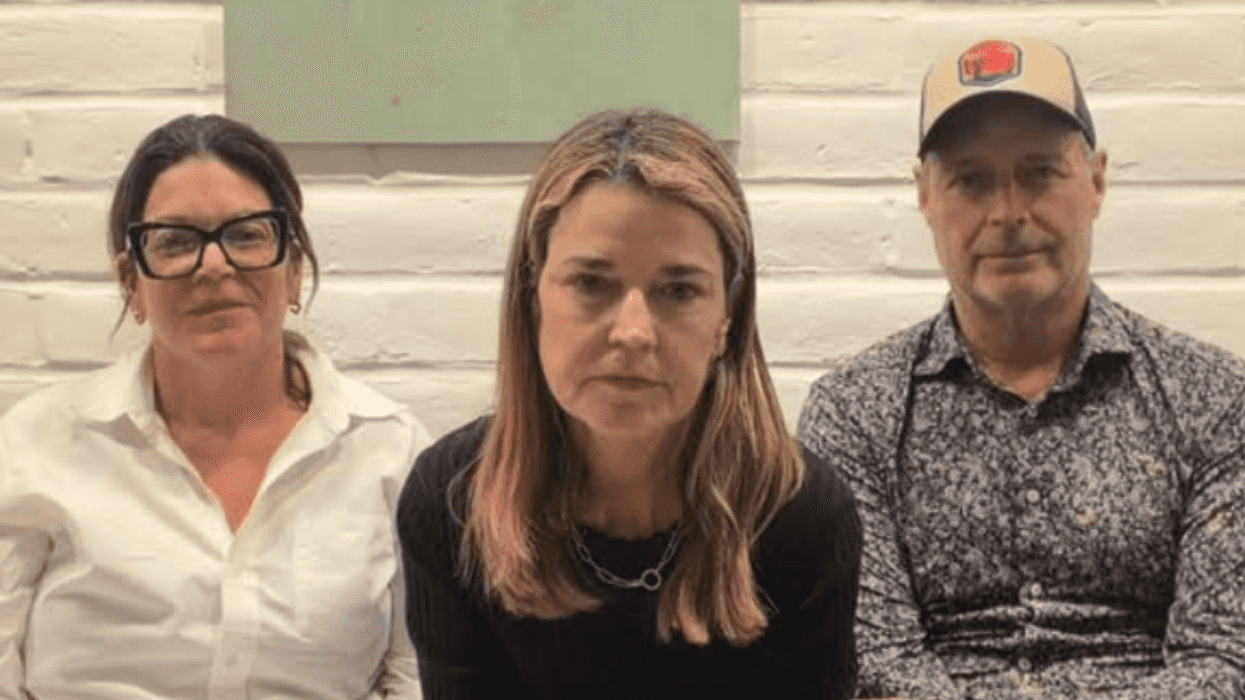


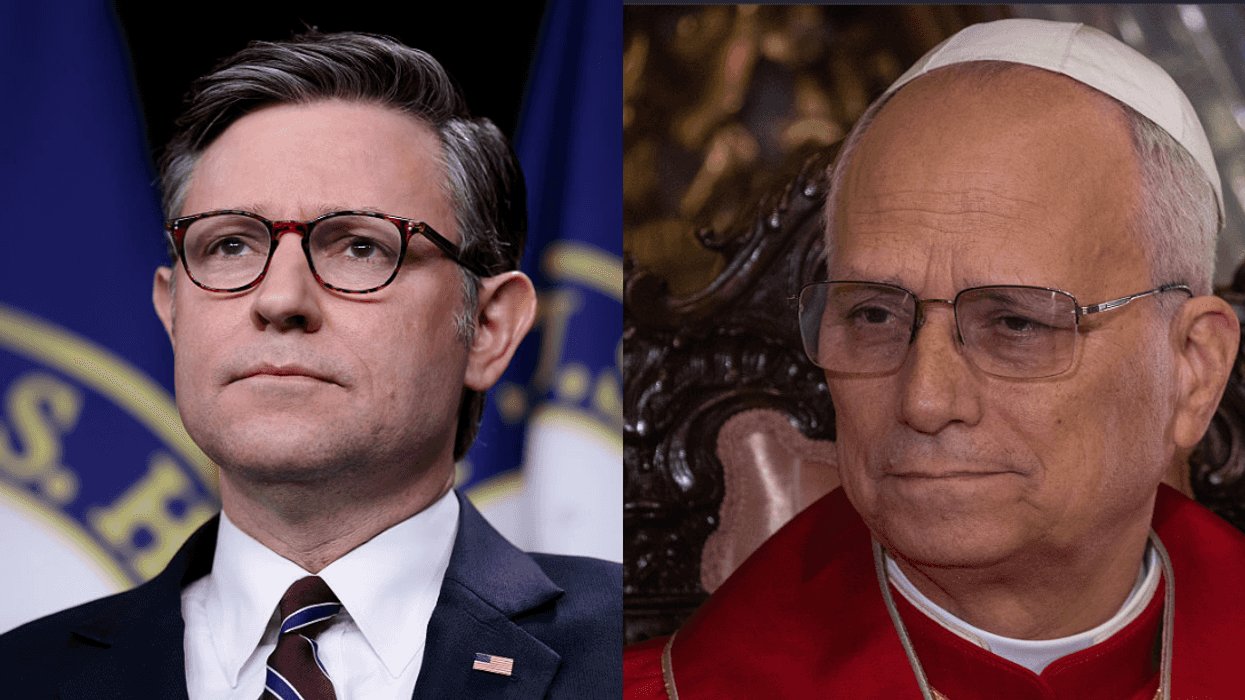




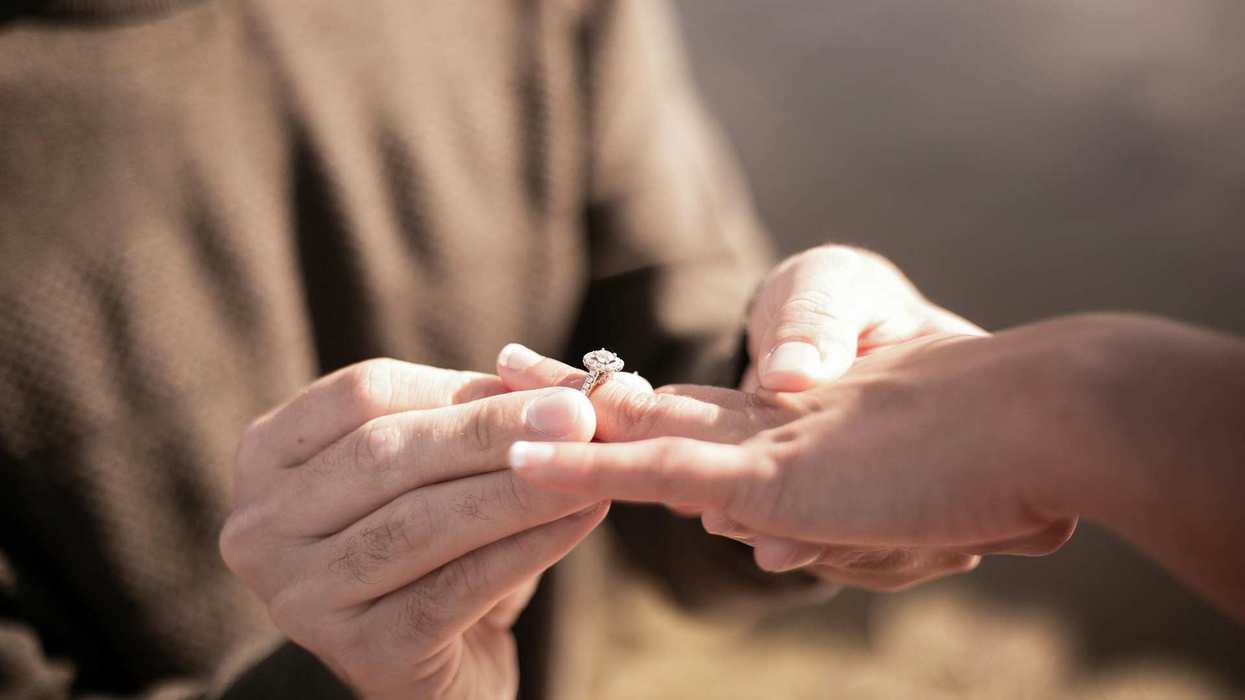
 The Office No GIF
The Office No GIF  Excited Well Done GIF
Excited Well Done GIF 

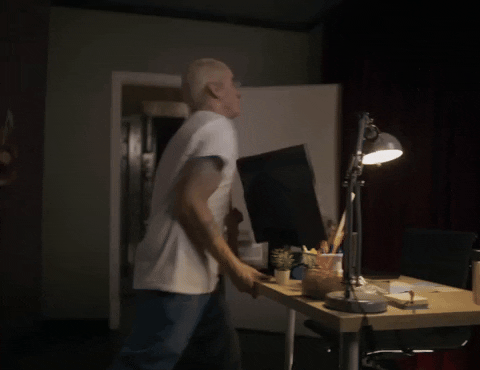 Mad Desk Flip GIF by Eminem
Mad Desk Flip GIF by Eminem 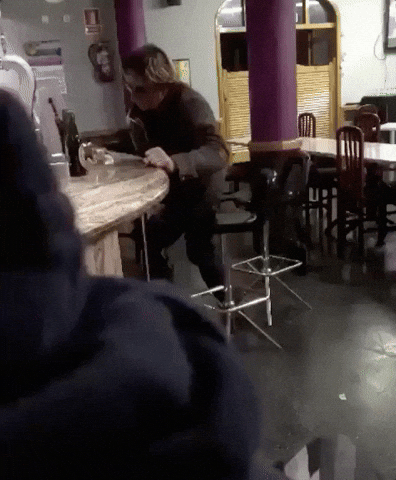 Drunk Head First GIF by Barstool Sports
Drunk Head First GIF by Barstool Sports  oscar isaac smoking GIF
oscar isaac smoking GIF  Napoleon GIF by Sony Pictures
Napoleon GIF by Sony Pictures 
